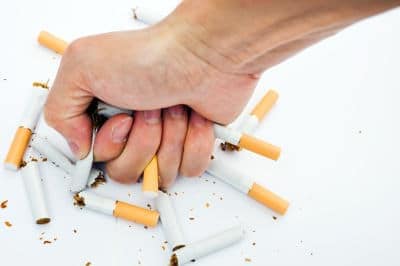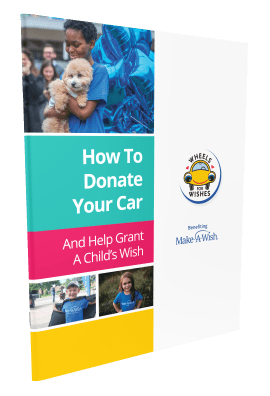
3 Ways To Protect Your Lung Health
November is Lung Cancer Awareness Month. Most of us are aware that tobacco use is one of the leading causes of lung cancer, but there are several other risk factors you can have more control over as well. This November, learn more about the top three ways you can reduce your lung cancer risk.
Get Your Home Tested For Radon
Radon is a naturally occurring radioactive gas that can seep from rocks and dirt in a home's basement or foundation. You can't smell or taste it, but radon can have a huge impact on indoor air quality.
Smoking may be the main cause of lung cancer, but radon is the second leading cause overall. Among non-smokers, radon exposure is actually the number one cause of lung cancer according to the EPA. Each year, the National Cancer Institute estimates that approximately 22,000 lung cancer deaths are caused by radon exposure.
Unless you're a homeowner, learning about radon probably hasn't been a necessity. However, it's still important to know the facts, which you can share to help others who may be at risk for radon exposure. The most important step in understanding your radon risk is to purchase a radon testing kit or hire a professional to test your house for you. Resources are available on the EPA website.
Radon testing kits are available at most hardware and home improvement stores for under $30. Radon monitors that continually measure levels are also available at a higher cost. If you do find that your home has high levels of radon, there are ways to reduce it to safe and acceptable levels. The EPA recommends using a professional to install any fixes for your radon problem.
Reduce Exposure To Secondhand Smoke
Breathing in smoke from other people's cigarettes and pipes can have the same outcome as smoking yourself. Secondhand smoke is harmful for children and adults alike, even if the exposure is brief. In children, secondhand smoke can cause ear infections, asthma attacks, bronchitis, pneumonia, coughing and shortness of breath.
Even though smoking isn't allowed in many public places, protecting your children from secondhand smoke can still be difficult. It's important to not let anyone smoke in your home or vehicle, even if the windows are open or the person smoking is away from others.
Quit Smoking And Get Screened
Smoking is still the number one cause of lung cancer. If you are a smoker or know someone who is, many resources are available to help you quit. Check out resources such as smokefree.gov or the American Lung Association for help.
If you've recently quit smoking or still smoke and are concerned about your lung cancer risk, a cancer screening may be helpful. Right now, the only recommended screening method is a low-dose CT scan. While this screening test is beneficial in many ways, it is only recommended for those who have a history of heavy smoking, have quit in the past 15 years, or are between the ages of 55 and 80.
Help Kids By Donating Your Car
November is a great time to help yourself and others by learning more about lung cancer. Lung cancer doesn't affect children, but exposure to secondhand smoke during childhood can increase the lifetime risk of cancer. If you're looking for a way to give back to others this November, consider donating your car to Wheels For Wishes. Car donation is a great way to help kids who are currently living with a medical condition. The proceeds from your car donation go to your local chapter of Make-A-Wish, providing important funding for their mission.
If you have an unwanted car, donating is the most beneficial way to get rid of it! We offer free pickup from anywhere and you receive a great tax deduction. Best of all, you can improve kids' lives right in your community.
Donate your car today online or over the phone at 1-855-278-9474.







